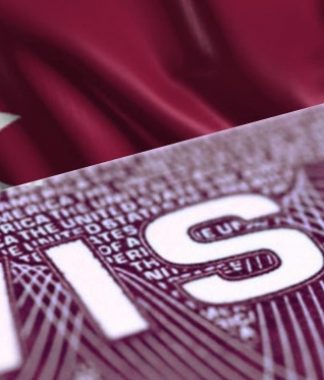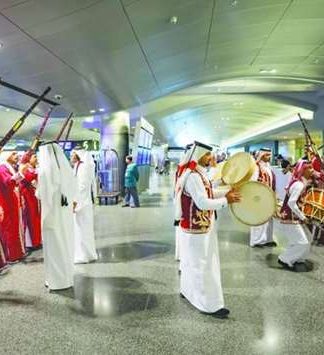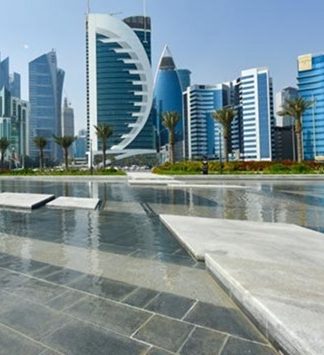CONFLICTSUKRAINE
Ukraine updates: Russia shields its wealthy cities from war
5 hours ago5 hours ago
British intelligence says the Kremlin is protecting Russia’s wealthiest big cities and social elites from the impact of the war in Ukraine and is instead leaning on ethnic minorities. Follow DW for more.
https://p.dw.com/p/4OZG4
The British Ministry of Defence says the impact of Russia’s war in Ukraine varies dramatically from region to region with the biggest and richest cities relatively unscathed.
Relative to their populations, the two largest cities of Moscow and St. Petersburg have not seen particularly high levels of casualties in terms of soldiers deployed to the front, the ministry said in its daily intelligence report on Sunday.
It added that the low casualty rates were “especially true for the families of the country’s elite.”
“Russian senior officials were photographed making up the front two rows of the audience of President Putin’s state of the nation speech on February 23,” the ministry said. “None of these are known to have children serving in the military.”
Meanwhile, in Russia’s eastern regions, deaths are likely running, as a percentage of the population, at a rate more than 30 times higher than in Moscow.
Ethnic minorities take the “biggest hit,” the report said. “In Astrakhan [in southwest Russia], some 75% of casualties come from the minority Kazakh and Tartar population,” the ministry explained.
Wagner group claims further advances in Bakhmut
02:03
It predicted that, as Russia looks to address its continued deficit of combat personnel, “insulating the better-off and more influential elements of Russian society will highly likely remain a major consideration.”
Here are some of the other notable developments concerning the war on Sunday, March 12:
Ukraine urges Germany to hasten ammo supplies
The Ukrainian foreign minister has urged Germany to speed up its supply of ammunition and to begin training Ukrainian pilots in Western fighter jets.
Dmytro Kuleba told Germany’s Bild am Sonntag newspaper that the main difficulty Ukraine had in repelling Russian invasion forces was a shortage of ammunition, and that bureaucracy in Berlin was partly to blame.
The minister said German weapons manufacturers told him last month at the Munich Security Conference they could deliver, but that they were waiting for the government to sign contracts.
“So the problem lies with the government,” Kuleba was quoted as saying.
Kuleba was clear in saying he did not expect Western allies in the near future to give Ukraine the fighter jets it has been asking for.
However, the minister said Ukrainian pilots should be trained anyway, so they would be ready once that decision was taken.
For Germany to train Ukrainian pilots, it would be a “clear message of its political engagement”, he said.
Russia’s renewed attacks across Ukraine
02:11
Separately, Kuleba said Ukraine would keep defending the town of Bakhmut, which has been the focus of a Russian offensive for the last six months.
“If we withdrew from Bakhmut, what would that change? Russia would take Bakhmut and then continue its offensive against Chasiv Yar, so every town behind Bakhmut could suffer the same fate,” the minister said.
More on the war in Ukraine
Russian lawmakers want to crack down harder on individuals who criticize Russian forces fighting against Ukraine. How will these legal changes impact Russia’s society?
The Russian mercenary group is now in control of most of the front-line town of Bakhmut’s eastern part, according to British intelligence. Meanwhile, Russian shelling killed three civilians in the Kherson region. Catch up on Saturday’s Ukraine updates here.
Before the Russian invasion, more than 70,000 people lived in Bakhmut. Now, a fierce battle is raging for the Donbas city. Not all civilians have left. A picture of life in Bakhmut, below.
17 images
17 images
rc/fb (dpa, Reuters, AFP, AP)






























